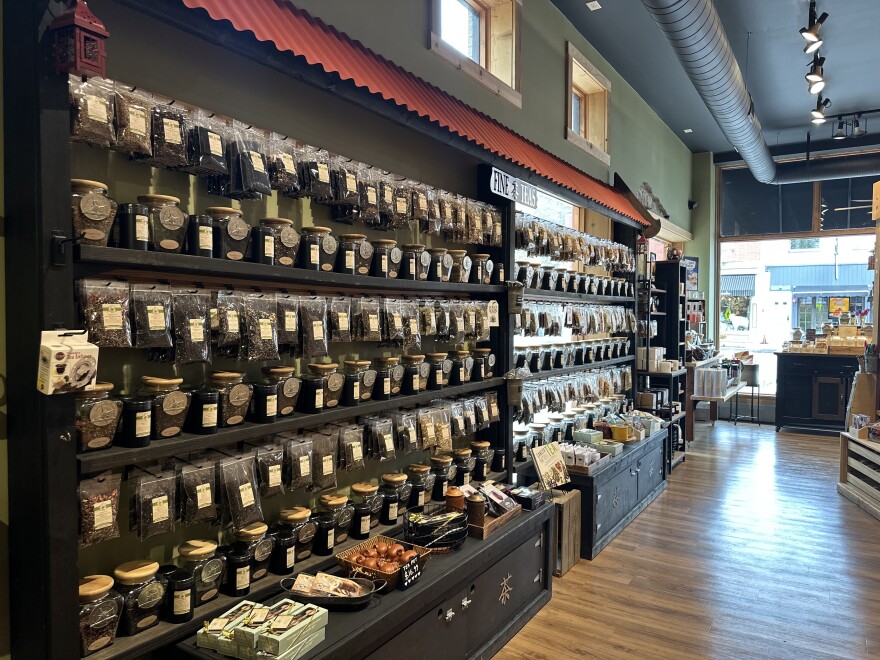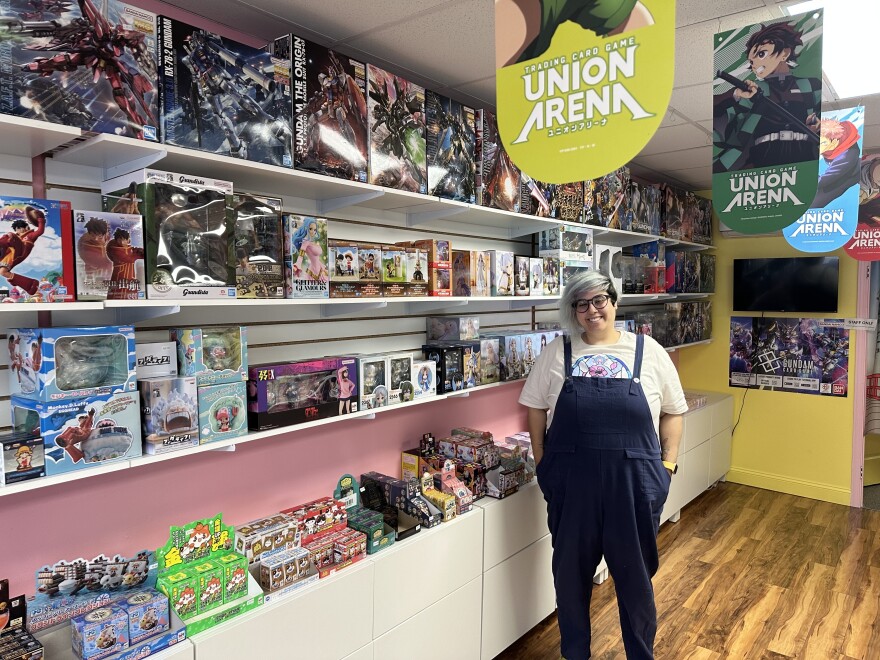Federally imposed tariffs are causing such a strain on some local businesses that some say they might have to soon close.
Intended to increase domestic manufacturing, the Trump administration imposed tariffs on goods imported to the United States — 10% on imports from most countries and higher for others, such as Mexico and Canada, which recently had tariffs set at 35%. China initially had a tariff rate of 145%, which has decreased over time and was recently set at 47%.
Doki Doki Kawaii in Lakewood sells Japanese collectibles and toys. Owner Ami Rizek said she’s limiting price increases and putting the burden of the tariffs on the business. She said she cut staff and hours, and hasn’t taken home a paycheck for herself in months.
“We want to enjoy those things that we can't get here and I brought them in and made them accessible and now we're being punished for that,” Rizek said. “We can't pivot to American-made products — that defeats the purpose of the cultural exchange we're engaging in.”
Although Rizek’s products stem from Japan, she said she pays the higher tariff imposed on Chinese imports.
“Tariffs aren't based on where they ship from, they're based on their origin of manufacturing," Rizek said. "So even Japan produces products in China, ships it to us, so we get hit with the Chinese tariff, not the Japanese tariff."

Rizek said she may have to close the store soon if the tariffs don’t end.
Stephen Kelbach said the same thing about his two locations of The Spice and Tea Exchange, which are locally-owned shops in Chagrin Falls and Hudson selling specialty items that Kelbach said can’t be made domestically.
“You won't find any farms in the United States that are going to stop production of wheat, soy, corn or other products that are a necessity to grow saffron, oregano in the bulk that is needed to sustain the United States — not just our specialty stores, but grocery stores and all that in general,” Kelbach said.


